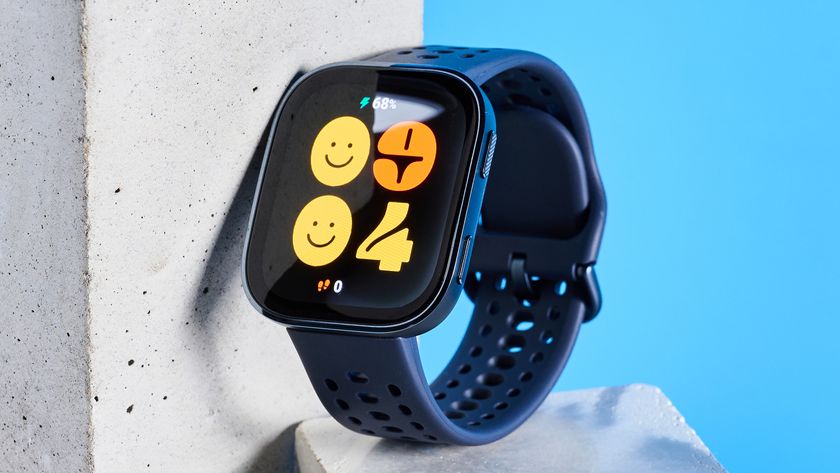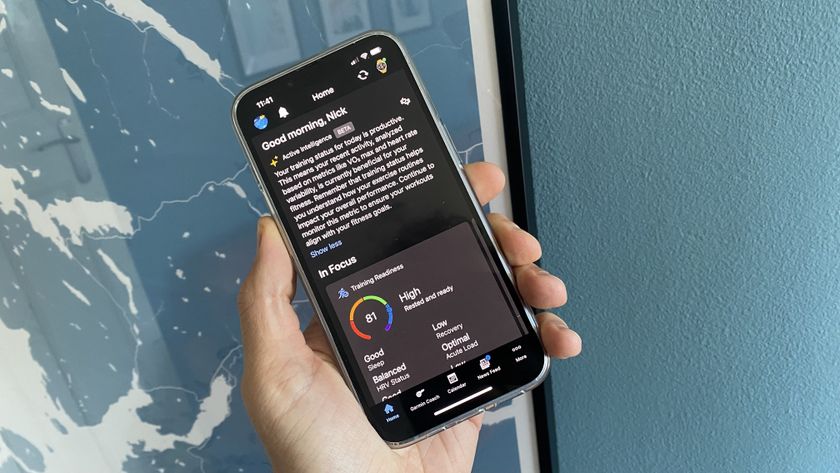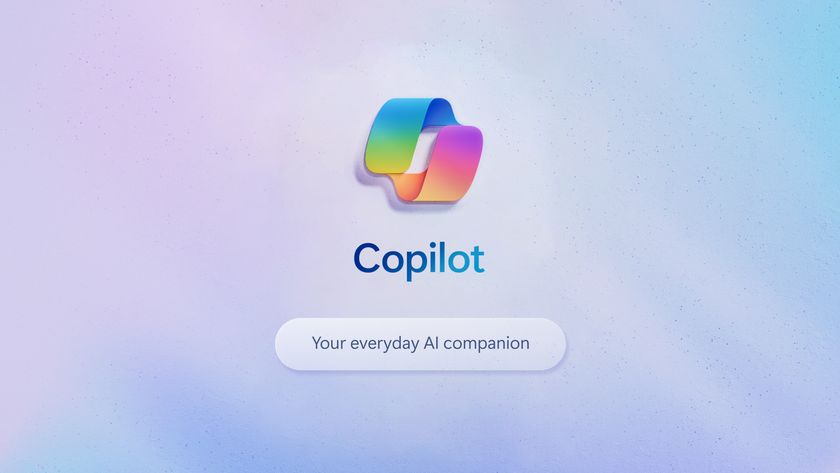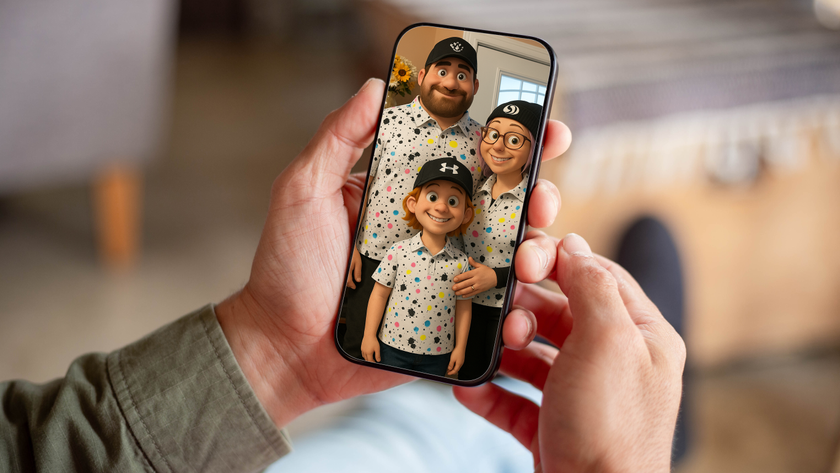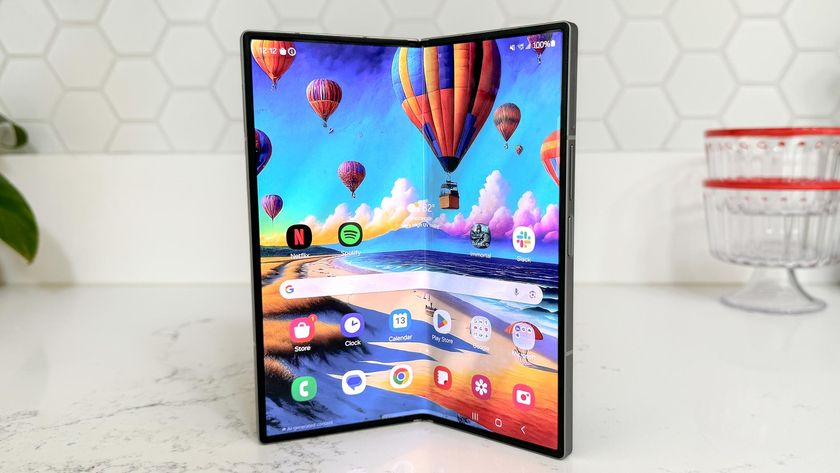Pebble founder on why he's bringing Pebble watch back — 'Samsung, Google, Apple don't take any risks'
The Pebble smartwatch is making its return
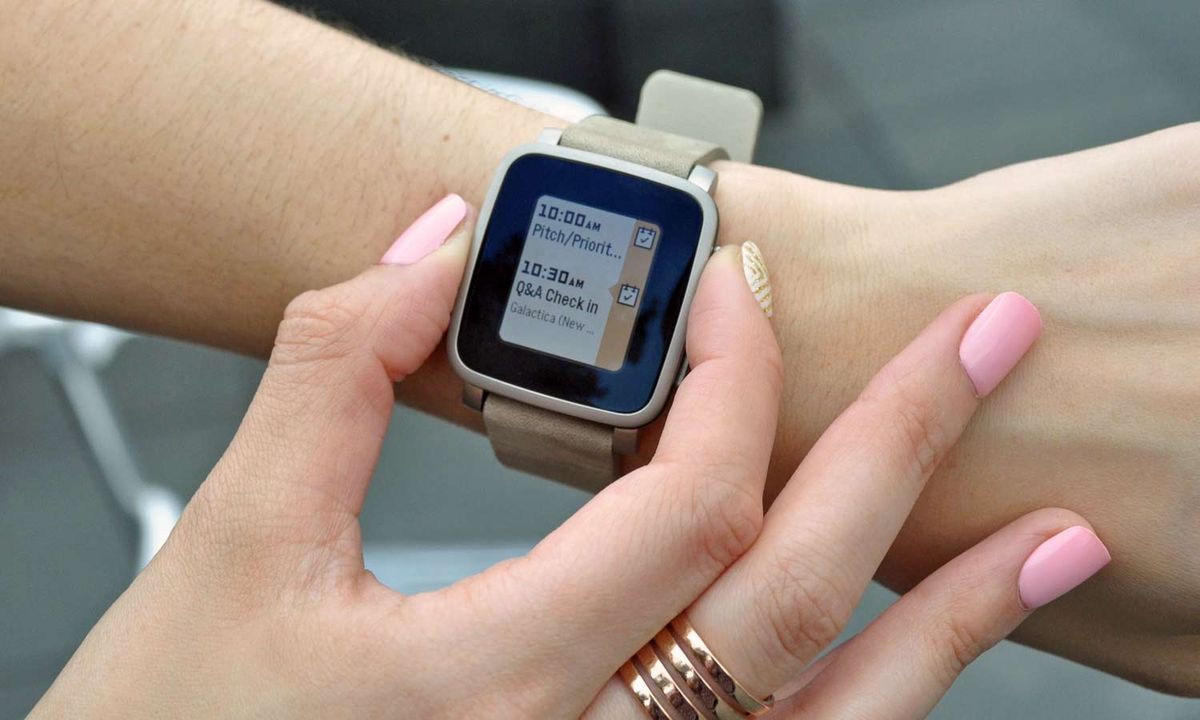
It's not often that a gadget gets a chance to come back from the dead; from Palm to Blackberry, there are dozens of once-popular devices that are gone, and likely never to return.
Pebble was one of those brands. About ten years ago, this small inexpensive smartwatch launched as a Kickstarter and gained a cult following for its simplicity and customization. However, successive models weren't as well-received, and the company shut down in 2016, and was put up for sale.
That was the last anyone heard of Pebble until this week, when Eric Migicovsky, its founder, announced that he was reviving Pebble. In a post on his site, Eric Migicovsky announced that he was able to convince Google — which itself bought Pebble in 2016 — to make Pebble's code open-source.
With that hurdle cleared, he's now free to build hardware on which the software will run. Tom's Guide chatted briefly with Migicovsky on his ideas, and how he plans to compete with the best smartwatches — by not competing at all.
Disclaimer
Editor's note: Quotes have been edited for clarity.
How long were you trying to persuade Google to release the Pebble code?
I asked them for the first time last year and, it took a little while, but that kind of makes sense, right? It's a big company, you gotta check a lot of boxes. but I'm really thankful that they carried it across the finish line.
I think it's an amazing thing, the fact that there's still a bit of a cult following all these years later and I think Google wanted to do right by that group. And you saw in the reaction how many people are appreciative of Google for having done this, right? Like most most times this isn't a story that comes true, and they made it happen.
Was this always in the back of your mind to try and revive Pebble?
I've tried every other watch and it just doesn't hit that like the the core set of features that I want out of a smart watch, which is that it's as an E paper screen [with] long battery life, hackable, something that you can download fun watch races for and is just simple. I really don't want that much out of a smart watch. I want it to tell the time, show notifications, let me control my music, do step tracking, sleep tracking, that's it.
Are you looking at bigger and brighter displays?
I don't want a big and bright screen. A big and bright screen is like wearing a phone on your wrist. I don't want to wear a phone on my wrist. I want to wear a watch. One of the things that annoys me the most is, you're at dinner and all of your friends like they have Apple watches and they're all constantly glowing.
They're always glowing, even when they don't get a notification just because that's, you know, the screen and it's like, guys, this is super distracting. Like, why would you have this glowing phone on your wrist? It just seems weird to me.
And again, this is not for everyone. This is for people who want those functionalities, those features. And that's absolutely not everyone. If you don't want that, go and buy an Apple Watch, you know? This is for the people who don't want that.
How long can you just keep the same hardware going in perpetuity?
I mean, I'm still wearing a Pebble from 2015. It's ten years ago. I think the idea that you have to come up with a new watch every year, that was one of the problems. We didn't realize that we were done. It turns out you can be done.
What does long term success now look like for you?
A sustainable profitable, long running company that just continues long into the future making these watches.
So then how do you keep going with the company other than expecting people to keep buying the same watch year after year?
The reason why companies fail is they run out of money, right? Or they lack profitability. I think in our case, the company's going to be extraordinarily small. Right now it only has one employee — me — and not earning a salary. So, the whole premise is sustainable. How do we build something that's just always going to exist? There's no investors right now, there's no employees, but at some point, I might add one or two more people. But if the company doesn't cost anything to run or practically nothing, then we could sell a couple thousand watches and be profitable.
Do you have a roadmap in mind in terms of when you want to launch a new watch?
Definitely this year, absolutely. It's still day one, though, like yesterday they released the OS, so it's gonna be a little while. But building the hardware is not actually going to be the hard part because there's been 10 years worth of improvements to Bluetooth chips, to the supply chain.
When we were starting to build smart watches, factories didn't know what a smart watch was. We had to both teach them what a smart watch was and build a smart watch for the first time. But now, like you said, everyone's making smart watches. So the factory knows how to do this. You basically send them your specs and they're like, sure, I'll go and make that.
It's the software that's the hard part, and that's why it was critical for Google to open source the OS. I wasn't going to go and reproduce the whole operating system from scratch. That would have taken millions of dollars and years worth of work.
And now you have other people who can help you do it, too.
Exactly, and it's all going to be open source, so that's another big difference. So the software was never open source for Pebble, right? And this time around, anyone who wants can hack on it. And if they want to contribute, great. If they want to build their own watch, fantastic. If they want to get the software running on, you know, a different open source smart watch, that's great.
Have there been any applications that people have built that sort of surprised you?
If you go in the subreddit, there's still people posting watch faces that they're building and pictures of their Pebbles. There's a real sense of it feels special. It feels unique. It feels like people really appreciated the distinction. It was quirky, it was fun, it was casual, it didn't take itself too seriously, which is pretty special these days.
You know, there's just not too many companies that make gadgets. You got the big guys like Samsung, Google, Apple, but only they don't take any risks. They're building the same old stuff every year. Every phone looks exactly the same. Everyone's making the same headphones now, everyone's making the same smart rings. There's very little newness.
There's an entire community called Rebble that was built up around Pebble to maintain the app store, to maintain the web services, the documentation. They're even running hackathons on Pebble. And so I think there's going to be a big community effort here and I'm going to help. I'm going to help make hardware, but it's not all about me. Like this is in a lot of ways, what do people want to hack on? What do they want to build on top of this platform?
What's the coolest Pebble hack that you've seen?
The first thing that came to mind was I visited a friend who was working at Cisco, like 10, 15 years ago, and he had rigged up the office doors to open and close with his watch. It was kind of like Star Trek — you'd walk and press the button and the doors would go swoosh!
But I think my favorite part is just the watch faces. I love like right now I've got this watch face.
This is the Warhol watch face that I have on, so it's four watches all, you know, different colors. But I do have a Mondrian one. I'm going to go find that because I love Mondrian. So I just love that. I love it just makes me smile — I just look down and I think, that's kind of cool.
More from Tom's Guide
Sign up to get the BEST of Tom's Guide direct to your inbox.
Get instant access to breaking news, the hottest reviews, great deals and helpful tips.

Michael A. Prospero is the U.S. Editor-in-Chief for Tom’s Guide. He oversees all evergreen content and oversees the Homes, Smart Home, and Fitness/Wearables categories for the site. In his spare time, he also tests out the latest drones, electric scooters, and smart home gadgets, such as video doorbells. Before his tenure at Tom's Guide, he was the Reviews Editor for Laptop Magazine, a reporter at Fast Company, the Times of Trenton, and, many eons back, an intern at George magazine. He received his undergraduate degree from Boston College, where he worked on the campus newspaper The Heights, and then attended the Columbia University school of Journalism. When he’s not testing out the latest running watch, electric scooter, or skiing or training for a marathon, he’s probably using the latest sous vide machine, smoker, or pizza oven, to the delight — or chagrin — of his family.
